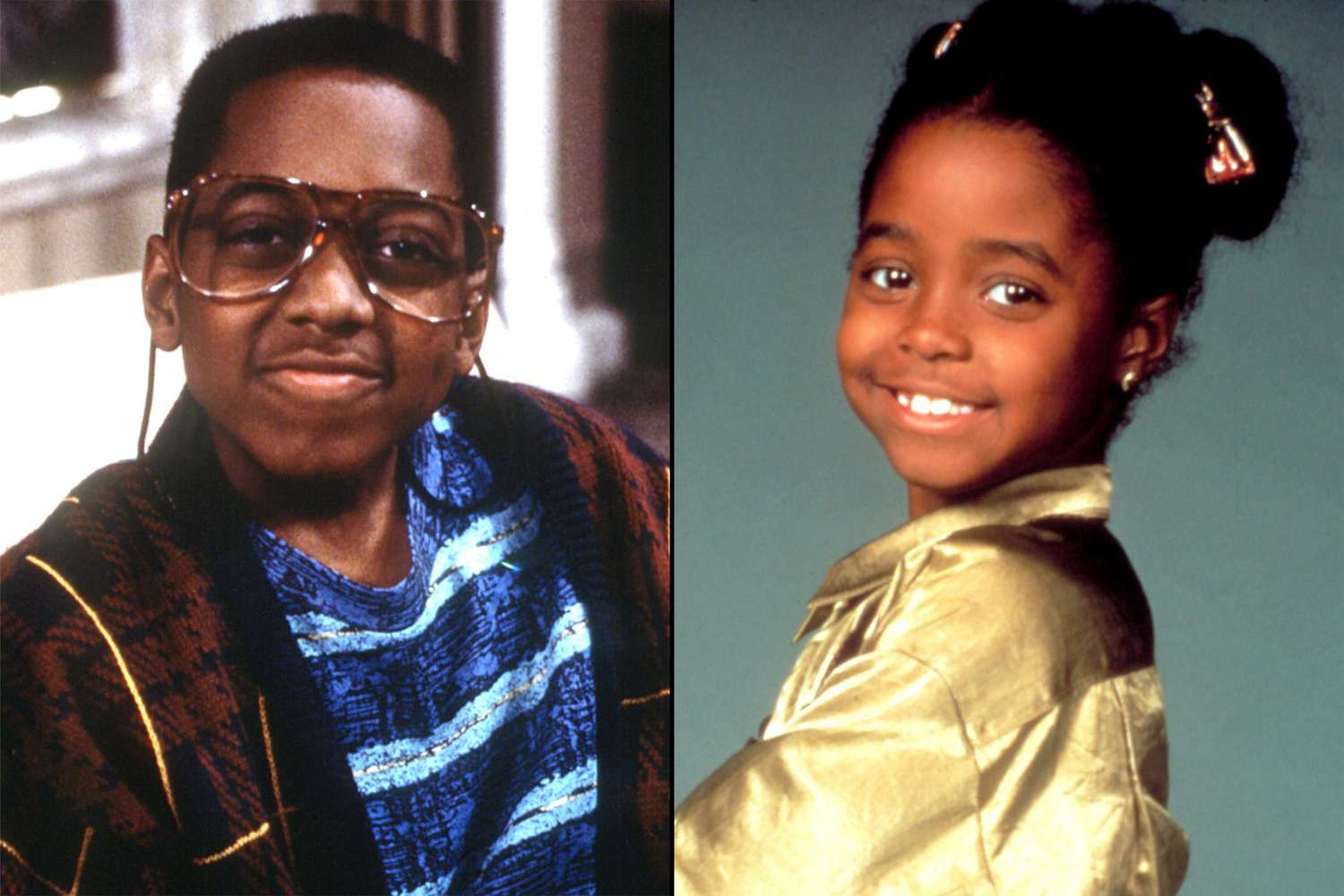
Introduction: When The Cosby Show first aired in 1984, it immediately captured the hearts of millions, becoming a cultural phenomenon. Led by Bill Cosby, the sitcom broke new ground in American television, offering a fresh perspective on African American families. With its blend of humor, warmth, and social commentary, it set the stage for countless shows that followed. But what made The Cosby Show so groundbreaking, and why does it remain a timeless classic to this day?
The Rise of a Cultural Icon: At its core, The Cosby Show was more than just a sitcom—it was a celebration of African American success and family values. For the first time, mainstream television presented a black family as affluent, intelligent, and well-adjusted, challenging the common stereotypes of the time. Bill Cosby’s portrayal of Cliff Huxtable, a loving father and successful doctor, was revolutionary. Cliff wasn’t a criminal, a sidekick, or a buffoon—he was a figure of authority and respect, setting a new standard for representation on screen.
Equally significant was the role of Clair Huxtable, played by Phylicia Rashad. Clair was not only a loving mother but also a successful lawyer—an image that defied the gender roles typically seen in sitcoms. Together, the Huxtables presented a model of modern American family life that was both relatable and aspirational, giving viewers a window into a world rarely depicted on television.
A Changing Narrative for African American Families: Before The Cosby Show, African American families were often depicted in television shows as struggling with poverty or crime. While such portrayals reflected part of the African American experience, The Cosby Show introduced a more diverse and uplifting narrative. It gave audiences a glimpse into the lives of an upper-middle-class black family, presenting a counter-narrative to the typical portrayal of black families as marginalized or stereotyped.
The Huxtables were not just a family living in a nice home; they represented an ideal of upward mobility, hard work, and perseverance. The show subtly addressed racial issues, but in a way that didn’t center around struggle and victimhood, but rather, success and achievement. In doing so, it helped broaden the scope of how African American families could be portrayed on screen.
Relatable Characters and Situational Comedy: One of the reasons The Cosby Show resonates with audiences today is its timeless humor. While the show tackled serious topics, it did so in a way that was approachable and entertaining. The humor was rooted in everyday family situations, such as sibling rivalry, parent-child relationships, and marital dynamics. The clever dialogue and relatable scenarios made it accessible to viewers of all backgrounds.
The Huxtable children—Denise, Theo, Rudy, and Vanessa—were another source of charm. Each of them brought a unique perspective to the show, from Denise’s rebellious streak to Theo’s humorous misadventures. These characters, while dealing with the usual ups and downs of growing up, also reflected the universal struggles of adolescence, making them relatable to viewers of all races.
Conclusion: The Cosby Show stands as a landmark in the history of television. Its portrayal of an affluent, loving African American family not only redefined television but also challenged societal norms and helped shape future generations of TV shows. The impact of the show is still felt today, as it paved the way for more diverse representations of black families in the media. Beyond the laughs, The Cosby Show provided a blueprint for television that was both entertaining and educational, making it a true cultural milestone.
